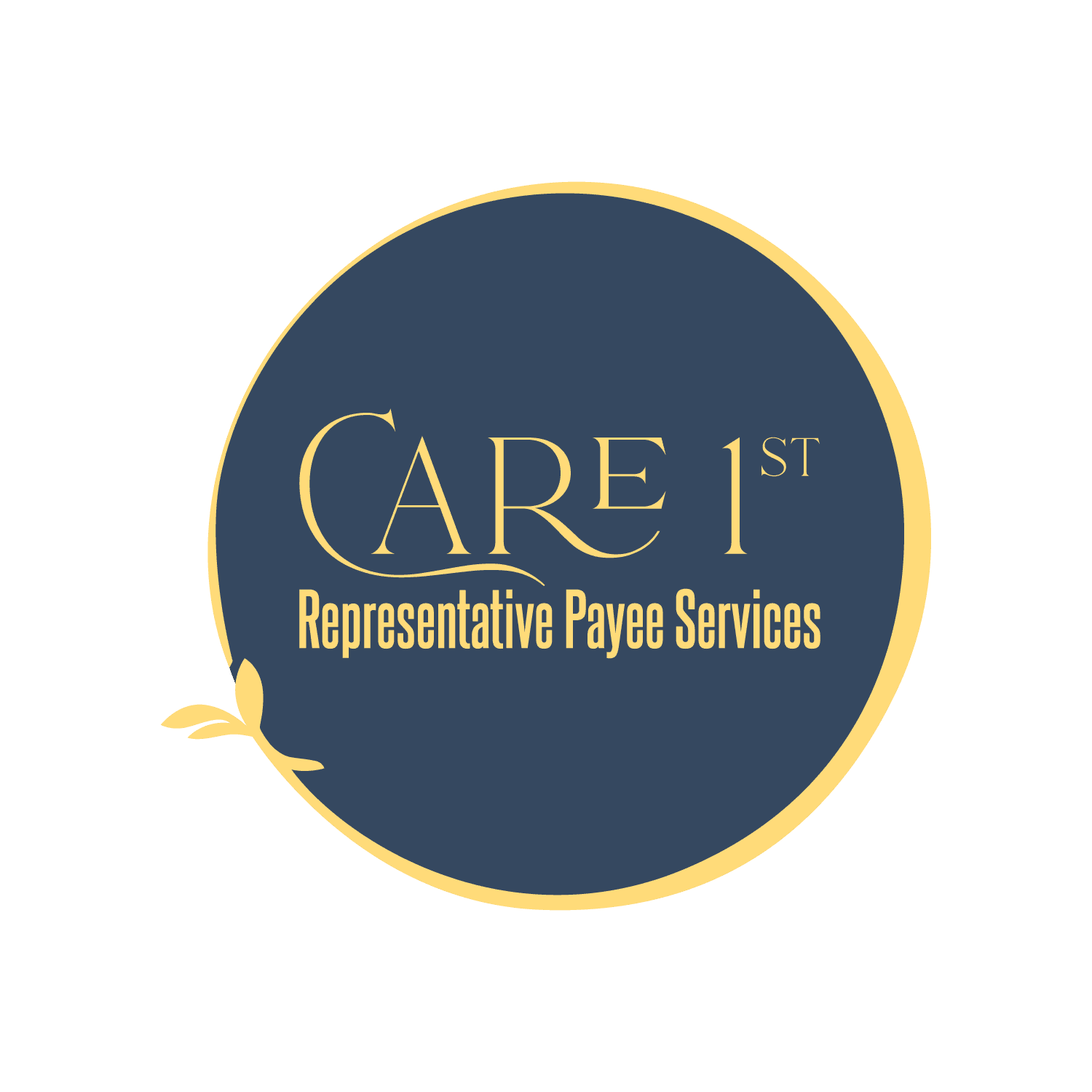What Does a Social Security Representative Payee Do?

Posted on Aug 17, 2022
About 10% of all Social Security recipients use a representative payee to help in managing their financial affairs. The SSA will help select and investigate a potential representative payee and then will begin sending the disabled person's Social Security disability benefit checks to the representative payee.
The SSA prefers to choose someone who lives with a disabled person who knows what their needs are, such as a parent or other family member. Otherwise, the payee is usually another relative, a friend, a legal guardian, or a lawyer.
Who Needs a Representative Payee?
The following recipients of disability benefits are required to have a Social Security representative payee:
- minors
- adults declared legally incompetent, and
- adults who have drug or alcohol problems.
What Does the Payee Have to Do?
A representative payee must spend the disability benefits appropriately for the disabled person's needs, must properly account for the money spent, and must report certain changes in the life or living situation of the disabled person (the "beneficiary") to the Social Security Administration (SSA).
Spending the Disability Benefits on Behalf of the Beneficiary
A representative payee must deposit the benefit checks in a checking or savings account (not a joint account) and use the money to pay for the disabled person's:
- housing
- food
- clothing
- utilities
- medical and dental expenses, and
- personal care items.
If there is money left over, it can be used to pay for rehabilitation expenses, education, past-due bills, family expenses, or entertainment for the disabled person, such as movie tickets. After that, any remaining money (for example, from a large backpay payment from the SSA) should be saved in an interest-bearing account.
Making an Annual Accounting to the SSA
The representative payee must keep track of all money spent for the beneficiary and will need to file an annual accounting with the SSA. The payee can download a form or fill it out online at the SSA website at http://ssa.gov/payee/.
Reporting Changes to the SSA
The representative payee must tell the SSA if the beneficiary:
- gets married
- moves
- gains a roommate (including a dependent child)
- loses a roommate (including a dependent child)
- is hospitalized or institutionalized
- starts or stops working
- begins to receive child support
- begins to receive other benefits, such as workers' compensation, black lung benefits, or a government pension
- received more income than anticipated in a month, or unexpected assets
- is no longer disabled, or medically improves
- is convicted of a crime, or
- dies.
Finally, if the payee realizes that the beneficiary has mistakenly received too much money from the SSA, the payee should contact the SSA and return it, or face fines and penalties.
Are Representative Payees Paid?
Individual representative payees cannot collect a fee for services provided to the beneficiary. If you are the legal guardian of the beneficiary, however, you may be able to collect a guardian fee if the court has authorized it.
There are some cases where an organizational payee, such as a social service agency who serves as representative payee for several beneficiaries, may collect a fee, but they must apply in writing to be a fee-for-service (FFS) payee, and the SSA must authorize it.
How to Become a Representative Payee
If you are interested in becoming a Social Security representative payee for a friend or family member, you must fill out an application, Form SSA-11, Request to Be Selected as a Payee. You will need to explain why you think the disabled person can't manage their income and you will need to provide your own Social Security number. You may also need to complete an interview with an SSA representative.
Note that even if you have power of attorney for your loved one, you still have to apply and be approved as a Social Security representative payee.
For more information, see the SSA's Guide for Representative Payees.
Original article: What Does a Social Security Representative Payee Do?
Contact
Contact Us Right Now
We are here for you. If you have any questions, please let us know. We will get back to you as soon as possible.
